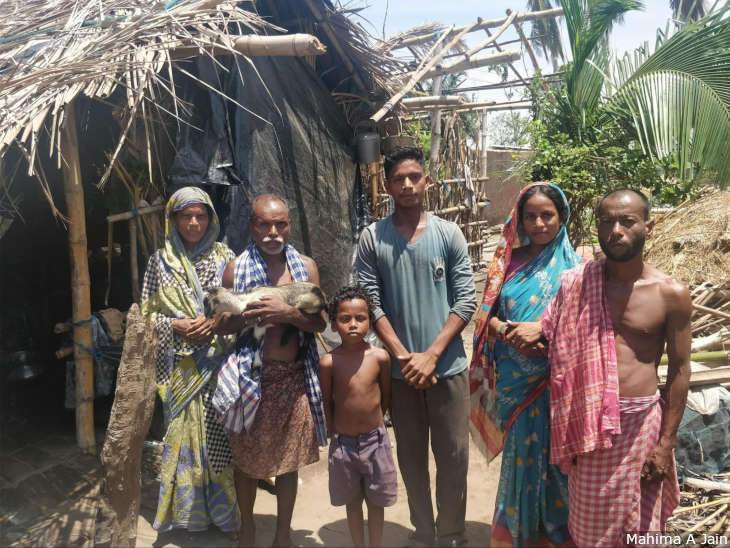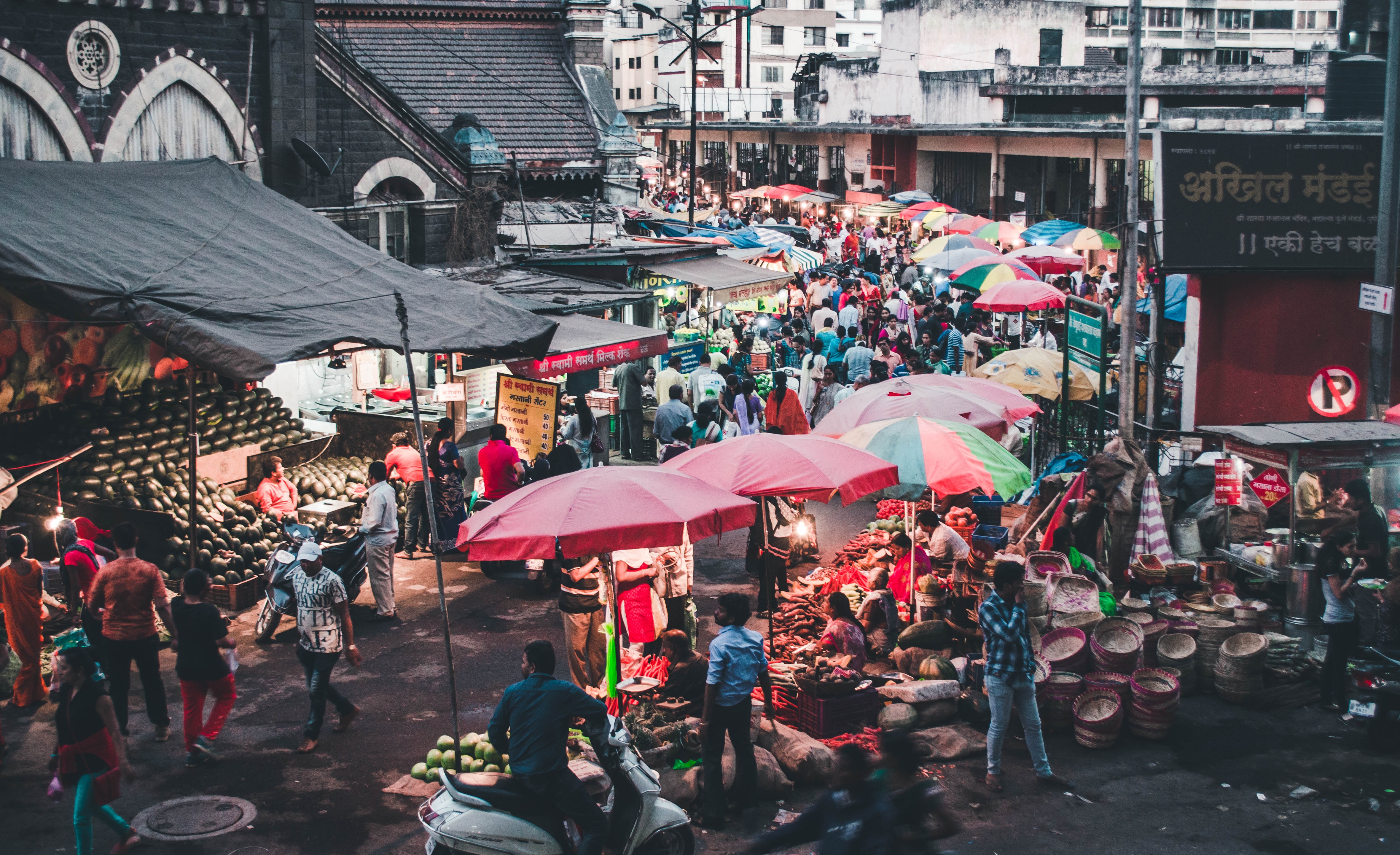Loneliness is among the chief causes of depression amongst India’s youth. While conversations on mental illnesses and their management have begun, much more action is still needed, beginning with the role of families, writes Neharika Rajagopalan (Mental Wellness Advocate and Development Professional, India).
India is the most depressed country in the world. This is according to the World Health Organisation (WHO)’s report on depression. With around 600 million young people in India, one of the youngest populations in the world, and with the country set to be the fifth largest economy in the world, it is depression, perhaps under the strain of this economic growth, that occurs in the lives of so many young Indians.
India’s economic advancement is on track, or at least stable, however, at what cost? A bulk of this population has been chasing financial growth, without considering the costs of achieving it? The entire country is grappling with a mental health crisis, but unwilling to grasp it, even though it poses a huge risk. This might explain why the treatment gap for depression or any suicidal provoking mental illness is between 80-86%, and why 20-37% of Indians with depression do not access treatment from fear of being stigmatised. Of course, recent years have seen huge efforts to address these, including advocacy, the expansion of treatment services, and focused interventions. The introduction of a Mental Health Care Act by the Government of India in 2017 is a mammoth step in the right direction. However, a large part of the focus must be on treatment, awareness, and stigma.
But how can we tackle this problem? The World Health Organisation defines mental health as “a state of complete physical, mental and social well-being and not merely the absence of disease or infirmity.” Mental wellness does not, therefore, translate into forcing ourselves to be happy always; but means achieving a state of mind which provides resilience to handle anything life might throw at us. It is the people who do not have this capacity or access to support systems necessary to build such strength, who fall into depression and suffer from other illnesses.
For young people, the biggest trigger for causing depression, research reveals, is loneliness. While young Indians now chase individual aspirations, the need for a collective consciousness, or the acknowledgement of the role of the society and community around us must be remembered during this pursuit. The WHO definition of mental well-being, in fact, also includes the ability to “contribute to the community” as a key indicator of wellness.
However, today in India young people are physically and mentally distancing themselves from families and societies to pursue their goals. The increasing prevalence of nuclear families in India (88% of families only have 3-4 members), coupled with child-rearing practices that indicate primary focus on “success”, “being in a position” and minimum tolerance for problems render him or her incapable of being at peace. The typical child or adolescent is taught only to study, “get marks”, and “grow in life”, without being taught how to behave and how to handle crises.
Indian society is inherently prone to placing conventional pressures on children. A key cause for this is parental anxiety as most Indian parents want their children to take up career paths that guarantee a six-figure starting salary, or get their children married off before they die. However, it also remains a concern that children succumb to such pressure and do not try to convince their parents of their ability to take the less-trodden path or to choose a partner of their liking, which is a result of upbringing that doesn’t provide pointers on how to deal with controversies. However, resentment is an unavoidable residue, which makes young adults frustrated, anxious, and ultimately, depressed.
How do we work to prevent this? Counselling and treatment are of course good options to consider, but then again, there is not even one psychiatrist per 1,00,000 people in India. Prioritising the needs of young people who are on the brink of depression or displaying behavioural issues indicative of poor mental wellness also needs to be looked at urgently, and hence, the involvement of the family and community is essential. In fact, Indian families are sources of support, encouragement, and emotional strength for even the mentally ill – keeping this in mind, it might even be the case that they are potentially untapped avenues to preventing a person from falling into depression.
While considering this, an important thing to remember is that support systems for fighting depression and other conditions are not tailor-made. Families cause as many problems as they heal them, and in the end, it boils down to an individual’s ability and willingness to take only the good. Most of India’s young population is on the edge, trying in vain to create a life which they are destroying their peace for. Wellness is within their reach – in fact, only a phone call away. But, what proportion of this youth is ready to make that call to their well-wishers, fully knowing that it will involve both valuable guidance and traditional views? How many of them are brave enough to absorb the concern behind a family/society’s “interference” and ignore the rest? How can they be taught to merge original Indian culture (that of collectivism) with the present, so that individual aspirations go hand in hand with rational advice from the previous generation? These are the questions that advocacy and research need to focus on – and answers to these are what the Indian youth – possibly, even the global youth has to understand and practice to move closer to being completely well.
This article gives the views of the author, and not the position of the South Asia @ LSE blog, nor of the London School of Economics. Please read our comments policy before posting. Featured Photo: Person Holding Red Box. Credit: Pixabay.







